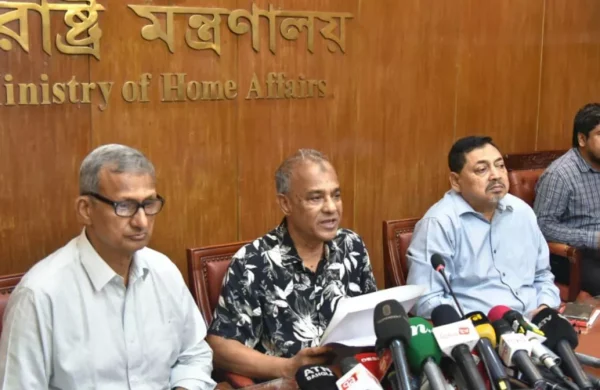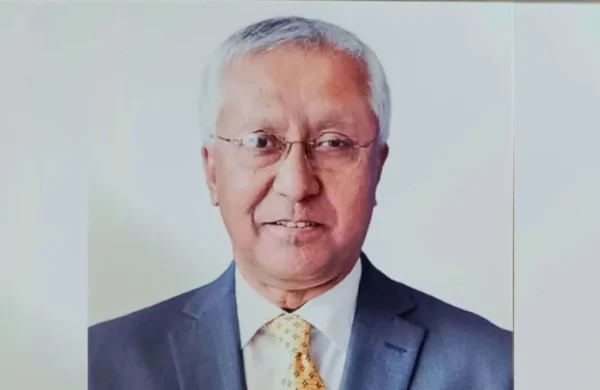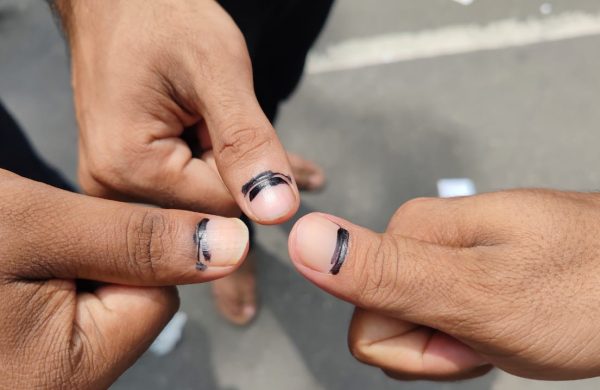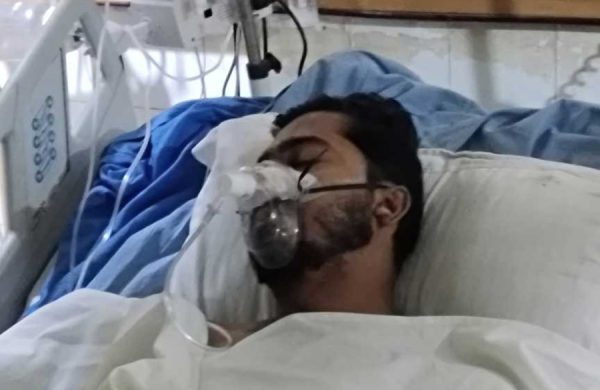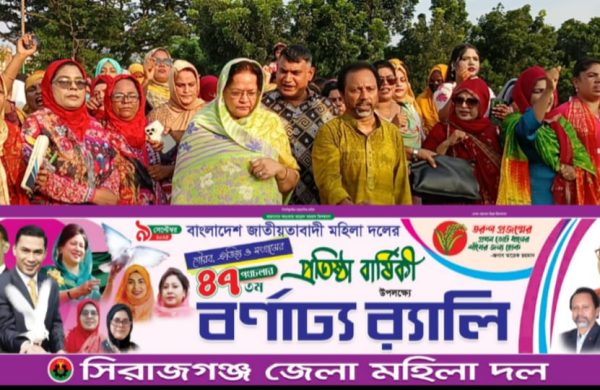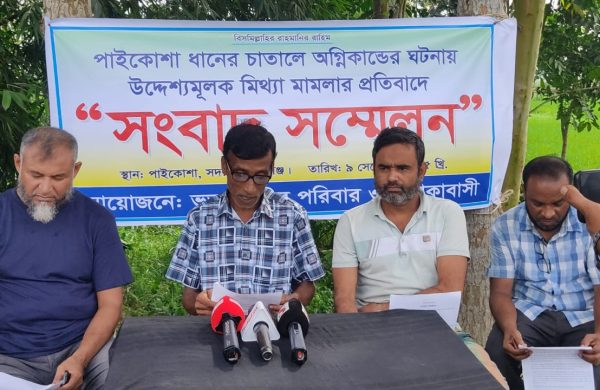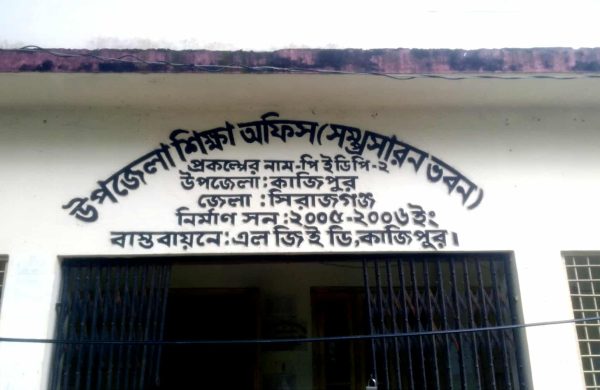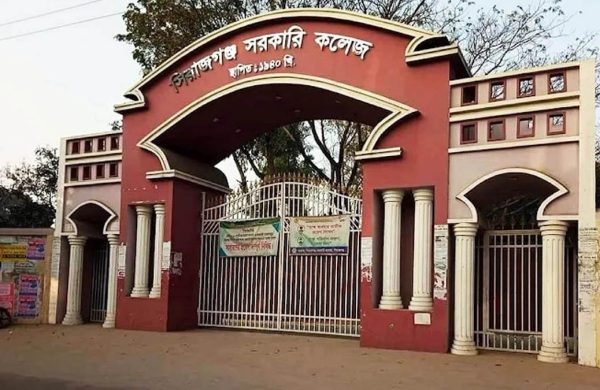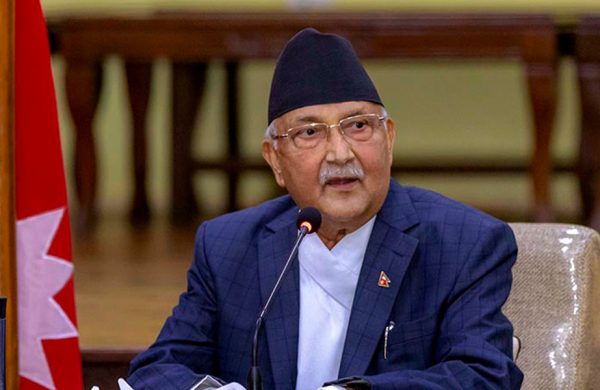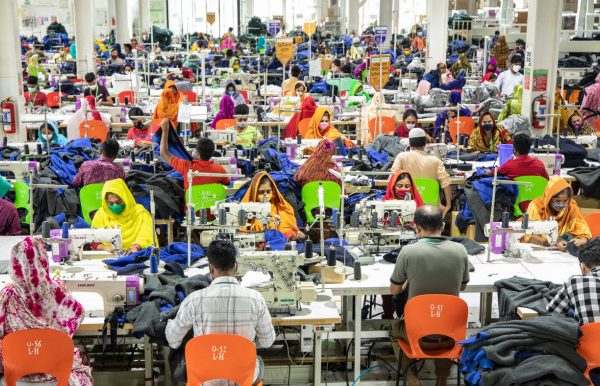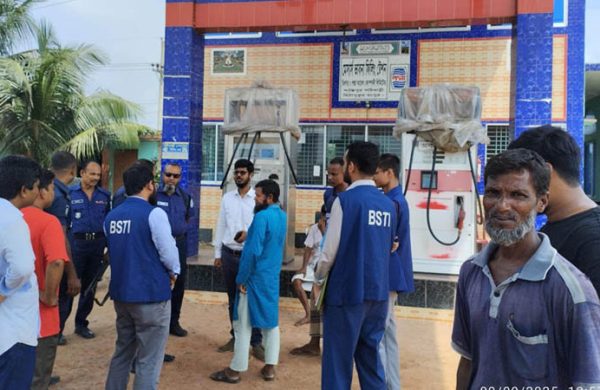Effective Role of Media a Must for Tobacco Control
- Update Time : Saturday, January 18, 2025

Speakers at a Journalists’ Workshop
Press release:
Tobacco is the largest contributing factor to preventable deaths. Globally, it claims over 8 million lives each year. Apart from the loss of lives, tobacco also wrecks havoc on the vital socio-economic, environmental and ecological factors at play in a society. With a view to preventing multifaceted losses caused by tobacco, a vigilant role must be maintained on issues such as strengthening of relevant laws, adoption of robust tax and price measures, and the ill tactics of tobacco companies. Effective role played by mass media in this regard is undeniable. Speakers said these at a two-day journalists’ workshop titled “Media for Tobacco Control in Bangladesh” that took place at BMA Bhaban on 15-16 January 2025. The workshop, organized jointly by PROGGA (Knowledge for Progress) and ATMA (Anti-Tobacco Media Alliance), was attended by 27 journalists from print, television and online media outlets.
It was informed that the prevalence of tobacco use among 15 y/o and above demographic stands at 35.3 percent. Tobacco-related illness claims 161,000 lives each year in Bangladesh, causing hundreds of thousands of disabilities. A 2019 study, conducted by American Cancer Society, reveals that in FY 2017-18, the financial loss, incurred by medical expenses and loss of productivity, was BDT 30,560 crore, an amount much higher than the revenue generated (BDT 22,810 crore) from tobacco. In this way, tobacco is posing a growing threat to the public health, economy and environment of Bangladesh.
Speakers also said that tobacco works as a major impediment towards achieving sustainable development goals (SDGs). There is no alternative to strengthening tobacco control law to achieve SDGs by 2030. The draft amendment of tobacco control law, prepared by the Ministry of Health and Family Welfare (MoHFW) includes eliminating provision for designated smoking areas (DSAs) in all public places and public transport, banning display of tobacco packs at points-of-sale, banning corporate social responsibility (CSR) programs of tobacco companies, and banning import, production and sale of e-cigarettes, heated tobacco products. Speakers urged the government to ensure swift passage of the amendment, one that is free from interference from tobacco companies.
In addition, increasing prices of tobacco products is globally recognized as an effective method to discourage tobacco use. The tobacco taxation structure of Bangladesh is faulty which has rendered tobacco products cheaper and more affordable. Against this backdrop, the government must bring tobacco products out of the purchasing capabilities of the people by imposing specific supplementary duty and gradually decreasing the number of price tiers of cigarettes from 04 to 01.
Among the discussants present during the two-day workshop were Md. Mostafizur Rahman, former chairman (Grade 1) of BCIC; Professor Dr. Sohel Reza Chowdhury, Head of the Department of Epidemiology and Research, National Heart Foundation Hospital and Research Institute; Zahirul Alam, Head of News, NTV; Mortuza Haider Liton, Convener, ATMA; Mizan Chowdhury, Co-convener, ATMA, and ABM Zubair, Executive Director, PROGGA.



